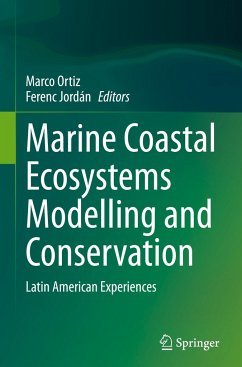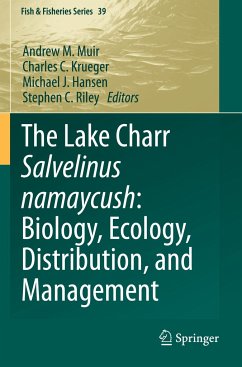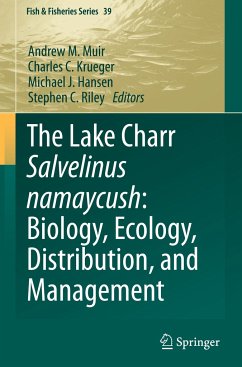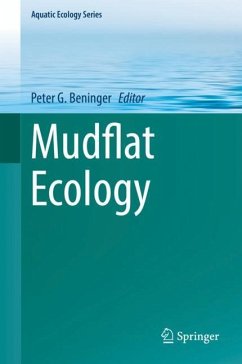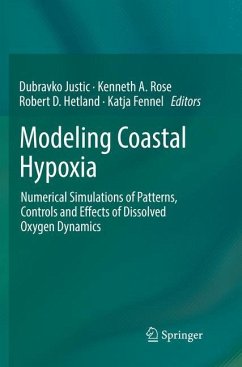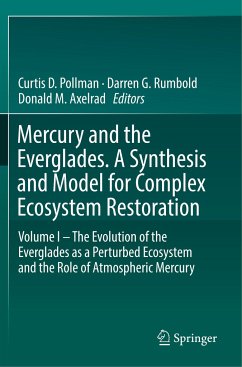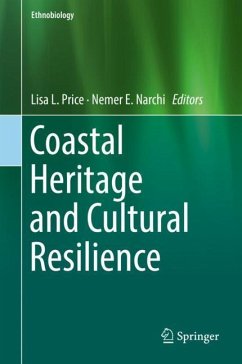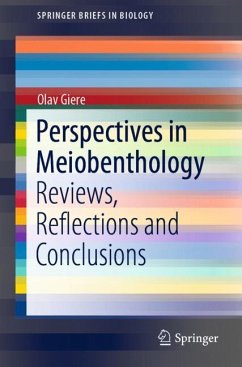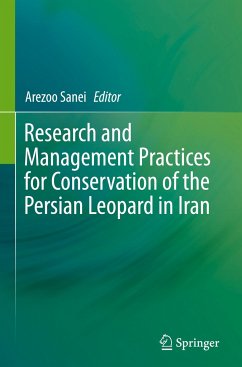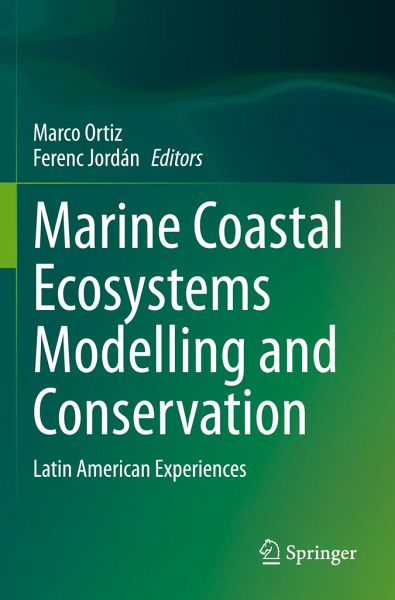
Marine Coastal Ecosystems Modelling and Conservation
Latin American Experiences
Herausgegeben: Ortiz, Marco; Jordán, Ferenc
Versandkostenfrei!
Versandfertig in 6-10 Tagen
76,99 €
inkl. MwSt.

PAYBACK Punkte
38 °P sammeln!
The book presents a collection of large-scale network-modeling studies on coastal systems in Latin America. It includes a novel description of the functioning of coastal complex ecosystems and also predicts how natural and human-made disturbances percolate through the networks. Coastal areas belong to the most populated ecosystems around the globe, and are massively influenced by human impacts such as shipping, mining, fisheries, tourism, pollution and human settlements. Even though many of these activities have facilitated socio-economic development, they have also caused a significant deteri...
The book presents a collection of large-scale network-modeling studies on coastal systems in Latin America. It includes a novel description of the functioning of coastal complex ecosystems and also predicts how natural and human-made disturbances percolate through the networks. Coastal areas belong to the most populated ecosystems around the globe, and are massively influenced by human impacts such as shipping, mining, fisheries, tourism, pollution and human settlements. Even though many of these activities have facilitated socio-economic development, they have also caused a significant deterioration in natural populations, communities and ecosystems worldwide. Covering coastal marine ecosystems of Latin America such as the NE and SE Pacific, NW Atlantic and Caribbean areas, it discusses the construction of quantitative (Ecopath-Ecosim-Ecospace and Centrality of Node Sets) and semi-quantitative (Loop Analysis) multispecies trophic-network models to describe and assess the impactsof natural and human interventions like pelagic and benthic fishing as well as natural events such as El Niño, and La Niña. The book also features steady state (and/or near moving equilibrium) and dynamical models to support the management of exploited organisms, and applies and quantifies macroscopic indices, based on Ascendency (Ulanowicz) and Local Stability (Levins´ Loop Analysis). Further, it discusses the determination of the Keystone Species Complex Index, which is a holistic extension of the classical concept of Keystone Species (Paine), offering novel strategies for conservation monitoring and management.



